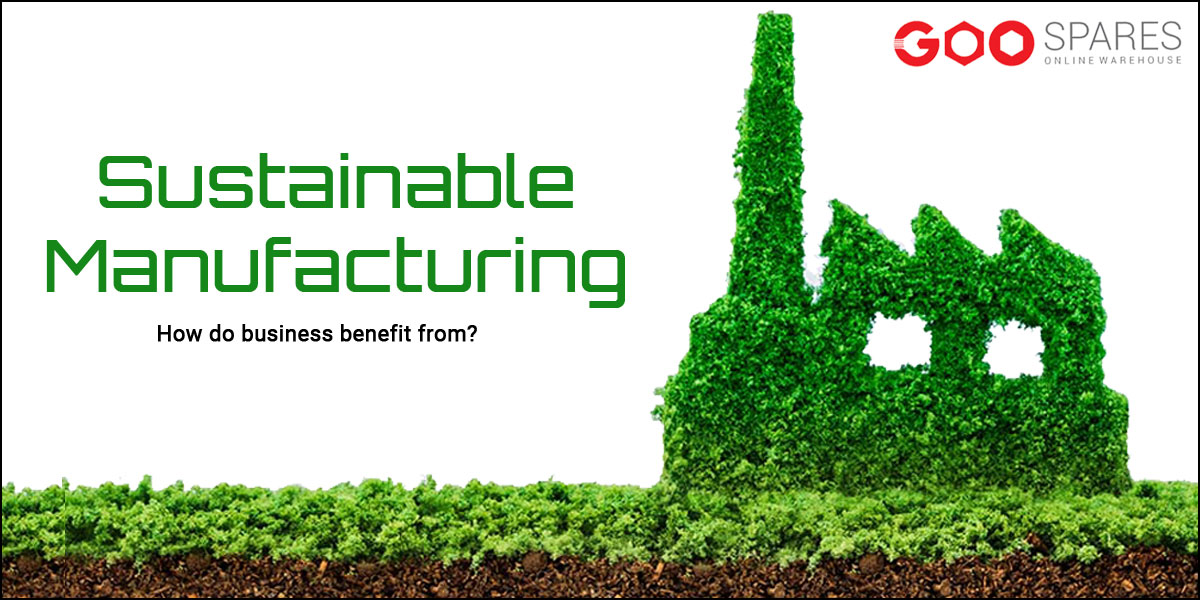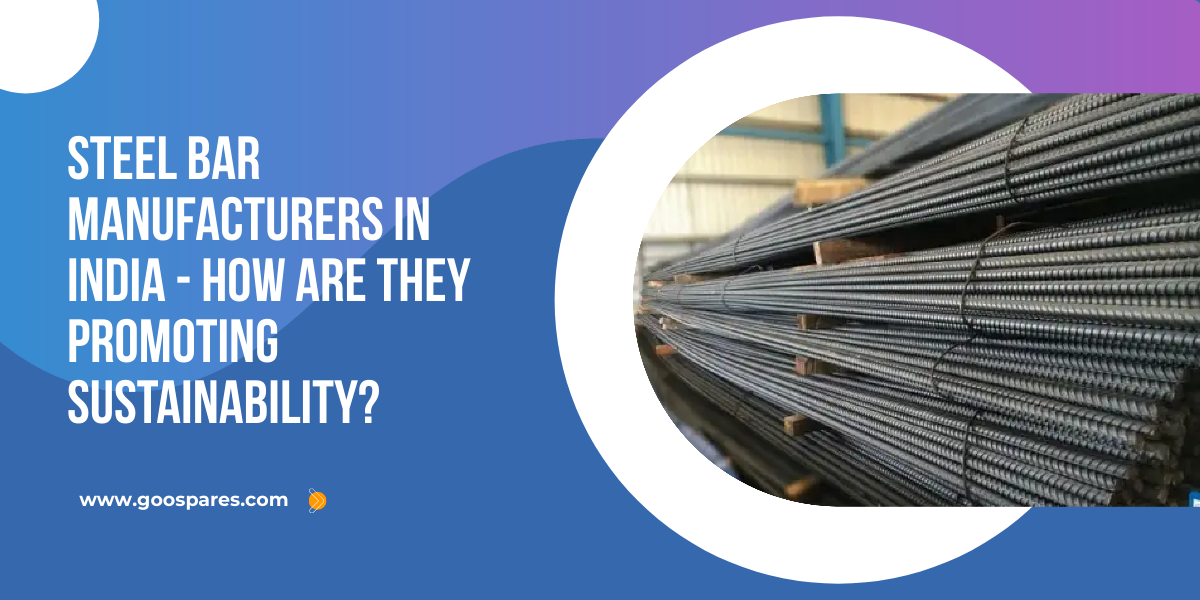India has emerged as a major player in the global steel industry, with a significant share in the production and consumption of steel products. With the rise in demand for steel, the country’s steel bar manufacturers are increasingly adopting innovative technologies to improve efficiency and sustainability in their operations.
In recent years, India’s steel industry has witnessed a remarkable growth trajectory, primarily driven by the government’s thrust on infrastructure development and the rise in the construction sector.
The industry has started to embrace digitalization to enhance its process efficiency by helping manufacturers to monitor their regular operations more effectively and streamline their processes. Moreover, this has resulted in significant environmental benefits for the industry. This includes the creation of a zero-waste environment and reduced energy consumption.
To cater to the rising demand for steel bars, Indian manufacturers are adopting innovative technologies that improve the quality of their products while reducing costs and environmental impact.
Here are some of the technologies that are being used by India’s steel bar manufacturers:
Microalloying
Microalloying: Microalloying is a process that has become increasingly popular due to its ability to improve steel properties without additional heat treatments. This results in a more cost-effective and efficient production process. It is a valuable process in the steel industry that enables the production of stronger, more durable, and more sustainable steel.
Continuous Casting Technology
Continuous casting is a process used to produce steel bars by pouring molten metal into a continuous casting machine. The technology allows for the production of a uniform size and shape of the steel bar. It also reduces waste and energy consumption while improving the quality of the final product.
Thermomechanical Treatment
Thermomechanical treatment is a process that involves the controlled heating and cooling of steel bars to improve their strength and toughness. The process helps to reduce the weight of the steel bar while maintaining its strength, leading to a reduction in material consumption and transportation costs.
Eco-friendly Manufacturing Processes
Indian steel bar manufacturers are also adopting eco-friendly manufacturing processes to reduce their environmental impact. They are using renewable energy sources such as solar power, wind power, and hydro power for their operations. Additionally, they are using waste heat recovery systems to improve energy efficiency and reduce carbon emissions.
Industry 4.0 Technologies: Industry 4.0 technologies such as Artificial Intelligence (AI), Internet of Things (IoT), and Robotics are being used by steel bar manufacturers to improve their production efficiency and quality. AI and IoT can be used to monitor and control the manufacturing process, while robotics can help in automating repetitive and labor-intensive tasks.
In addition to these technologies, Indian steel bar manufacturers are also investing in research and development to develop new and innovative products. For instance, they are developing high-strength steel bars that are lighter and more durable, leading to a reduction in material consumption and transportation costs.
Moreover, they are also working towards reducing the carbon footprint of their operations by using renewable energy sources, adopting eco-friendly manufacturing processes, and implementing sustainable practices.

Here are some case studies of Indian steel manufacturers who have paved way for sustainability by adopting new technologies
Tata Steel
Tata Steel has been at the forefront of adopting new technology in the steel industry. The company has invested heavily in digitalization and automation to improve the efficiency of its production processes. In 2017, the company implemented a digital twin technology, which uses sensors and data analytics to create a virtual replica of its steel production processes. This has enabled Tata Steel to optimize its processes, reduce waste, and improve product quality. Additionally, Tata Steel has adopted continuous casting technology to reduce waste and improve production efficiency.
JSW Steel
JSW Steel has also been a pioneer in adopting new technology in the steel industry. The company has implemented a range of digital solutions, including a Smart Factory system that uses data analytics and automation to improve productivity and reduce downtime. JSW Steel has also invested in a new steel plant in Odisha that uses the Direct Reduced Iron (DRI) process, which is more energy-efficient and produces fewer emissions than traditional steelmaking methods.
SAIL
Steel Authority of India Limited (SAIL) has been investing in microalloying technology to improve the properties of its steel. The company has developed high-strength steel using microalloying elements while reducing its overall weight. Additionally, SAIL has adopted EAF technology to reduce its carbon footprint and improve energy efficiency.
Jindal Steel and Power
Jindal Steel and Power has invested in green hydrogen technology as a potential replacement for coal in its steelmaking process. The company has set a target of using 10% green hydrogen in its steel production by 2030. Additionally, Jindal Steel and Power has implemented a range of digital solutions to improve its production efficiency and reduce downtime.
In conclusion, India’s steel bar manufacturers are increasingly adopting innovative technologies to improve efficiency and sustainability in their operations. With the use of these technologies, they can produce high-quality steel bars while reducing costs, improving energy efficiency, and reducing their environmental impact. The adoption of these technologies will not only benefit the manufacturers but also contribute to the overall growth and development of the Indian steel industry.









